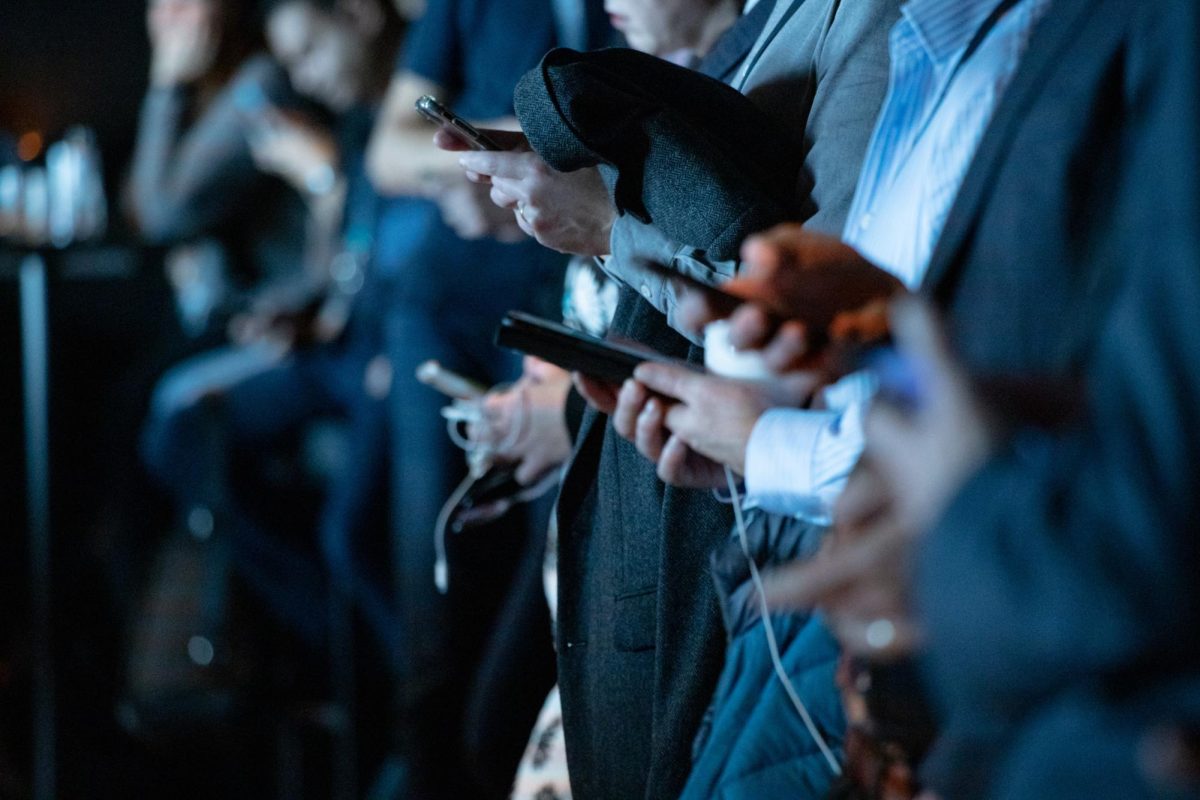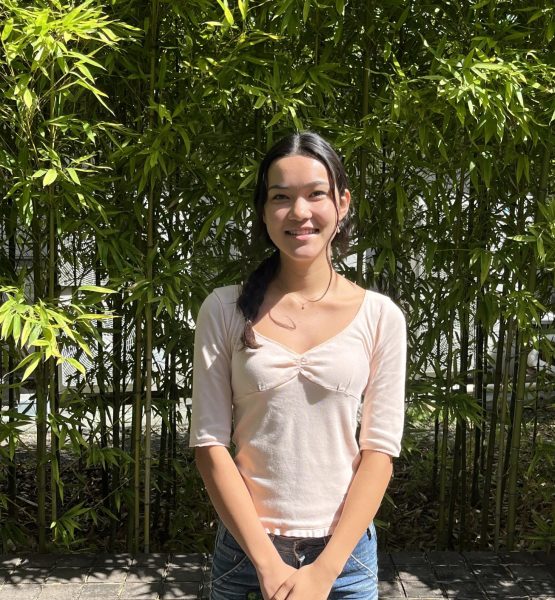In a society where consumer markets meet social media to offer a seemingly limitless supply of products, minimalism has been buried under the rubble.
Fundamentally it may seem abstract, but the concept of minimalism is familiar to our generation. Phrases like “less is more,” or “quality over quantity,” are by now cliches, but these phrases only skim the surface of an idea that deserves a lot more consideration.
Our generation has grown up with advanced technology and social media that bring the world to our fingertips. With only a few swipes on a phone, we can send TikTok videos to a friend in one second and catch up with the latest news in the next. Some do both at the same time. It seems as though overstimulation has become normal for many. Even for the little ones; ASIJ students in elementary school hop on the bus and immediately reach for their iPads to keep them occupied for the ride.
Our excessive activity on social media and exposure to the internet is met with an exacerbation of materialism. Teens today have become an easy consumer market, with social media being the perfect platform to launch new trends. In 2022, Bank of America found that Gen Z tended to cite the ability to afford material goods as a “motivator to achieve financial success.” It appears that as technology advances and more goods are available to consumers, the more consumer appetite grows. We may never be satisfied.
Advocates of “simple living” and minimalist lifestyles offer a perspective that may help us refocus our attention toward a healthier way.
Mr. Park, a faculty member of the ASIJ elementary school and an adherent of minimalism, offered his take on simple living, materialism, and our generation’s cell phone addiction. He agrees that the degree of attachment to devices among younger generations is shocking, observing that between the device and its owner, it’s hard to tell which one is in control.
Over the summer, Mr. Park enjoyed a life disconnected from all devices due to a power outage following typhoons in the Philippines. While this disconnect wasn’t entirely an active choice, he admitted his preference for this lifestyle, enjoying the ability to appreciate the nature that surrounded him, without interruption.
Mr. Park emphasized the importance of prioritizing oneself by listening to our body’s signals and needs. We must take back control of our consciousness, which has been interrupted by constant stimuli from social networking services and never-ending notifications.
He also posits that social media forces users to focus on everything they don’t have, building up desires to obtain more and more to the point where we forget about everything we already have. To meet our body’s needs, Mr. Park suggests that we really only need a minimal amount of goods in life.
This frame of mind is quite accurately the essence of the minimalist mindset. Henry David Thoreau, an American thinker from the 1800s and arguably one of the first minimalists, offers insight into the value of simplicity in his book Walden. In a proud rejection of materialism, he asserts that “Most of the luxuries and many of the so-called comforts of life are not only not indispensable, but positive hindrances to the elevation of mankind.”
Given our materialistic tendencies, it may be beneficial for high school students in our generation to adopt a similar mindset. Aside from merely disconnecting from our devices, cutting down on our consumption, whether it be clothes, accessories, shoes, and other materialistic goods, may improve our attitudes. We may find ourselves liberated from deceiving advertisements, subsequently finding more joy in the things already at our disposal.
In their Netflix documentary Minimalism, Emmy-nominated filmmakers and New York Times bestselling authors Joshua Fields and Ryan Nicodemus unveil the satisfaction of a minimalist lifestyle while revealing the inherently materialistic tendencies of modern society.
Featured in the documentary, Gail Steketee—a compulsive-hoarding expert—said that “it is clear that as human beings we have a strong attachment initially in our lives to people who care for us. And sometimes it feels like those attachments spill over to objects as if they were as important as people.”
In the interest of retaining our sense of appreciation for what really matters, I think a plausible approach would be to consider implementing aspects of minimalism in our daily lives. Whether it be limiting our consumption of material goods or preventing overstimulation by disconnecting from our devices, we all have the ability to make the most out of life through a minimalist approach.


